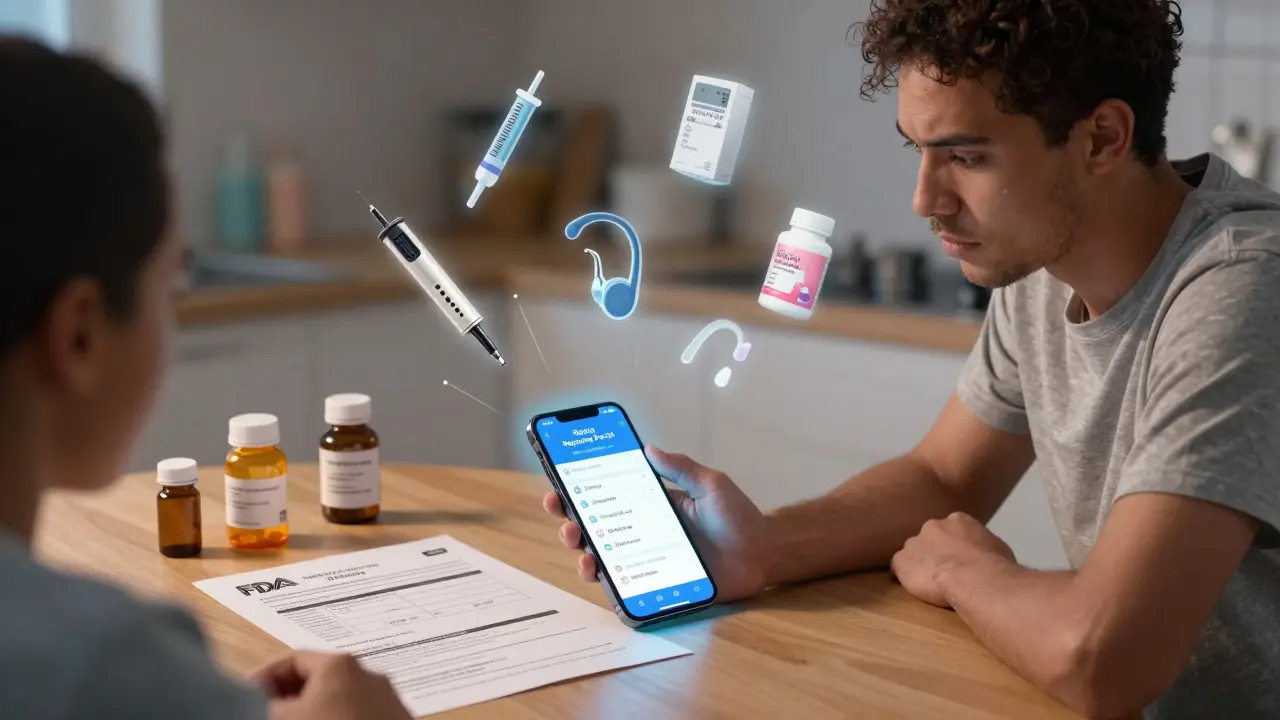Keeping a medication journal when switching to generics helps you spot subtle side effects or changes in effectiveness that standard medical advice might miss. This simple habit empowers you to work smarter with your doctor and avoid unnecessary health risks.
Read More
Discover which cleaning products actually reduce allergy triggers - backed by science, certification, and real user results. Skip the greenwashing and find what works.
Read More
Learn how to file a direct complaint with the FDA as a patient. Discover what to report, how to submit, and why your voice matters in improving drug and device safety.
Read More
Steroid-induced psychosis is a serious but treatable side effect of corticosteroids, often mistaken for schizophrenia. Learn how to recognize early signs, safely taper steroids, and use low-dose antipsychotics to prevent harm and ensure full recovery.
Read More
Learn how to ask your doctor for a lower-cost therapeutic alternative medication that works just as well but costs a fraction of the price. Real savings, proven methods, and step-by-step tips for 2026.
Read More
Pheochromocytoma is a rare adrenal tumor that causes dangerous spikes in blood pressure. Learn how it's diagnosed with simple blood and urine tests, why surgery is the cure, and why most people are misdiagnosed for years.
Read More
Time in Range (TIR) using CGM technology gives people with diabetes a clear, real-time view of their glucose patterns - far beyond what HbA1c can show. Learn how tracking time in range helps prevent spikes and lows, improves daily control, and reduces long-term complications.
Read More
Tingling and numbness from medications may seem minor, but they’re often early signs of nerve damage. Learn which drugs cause it, how to spot it early, and what steps can prevent lasting harm.
Read More
Learn how to safely prepare your child for surgery using pre-op medications like midazolam and ketamine. Follow evidence-based fasting rules, understand special needs for asthma or epilepsy, and avoid common mistakes that put kids at risk.
Read More
Learn the truth about asthma medication safety during pregnancy and breastfeeding. Discover which inhalers are safe, why stopping meds is riskier than using them, and how to protect both you and your baby.
Read More